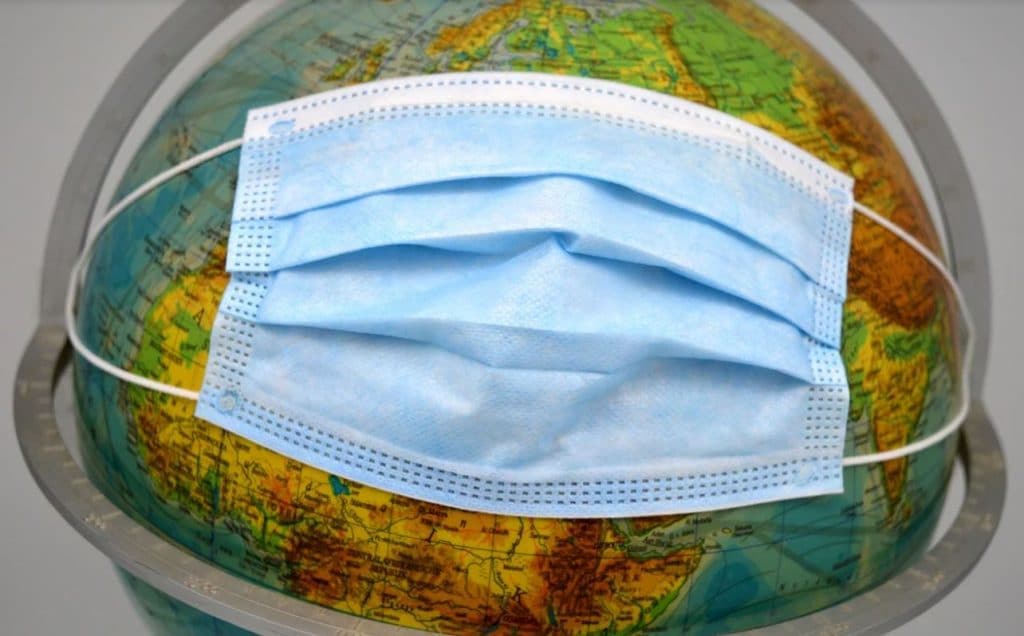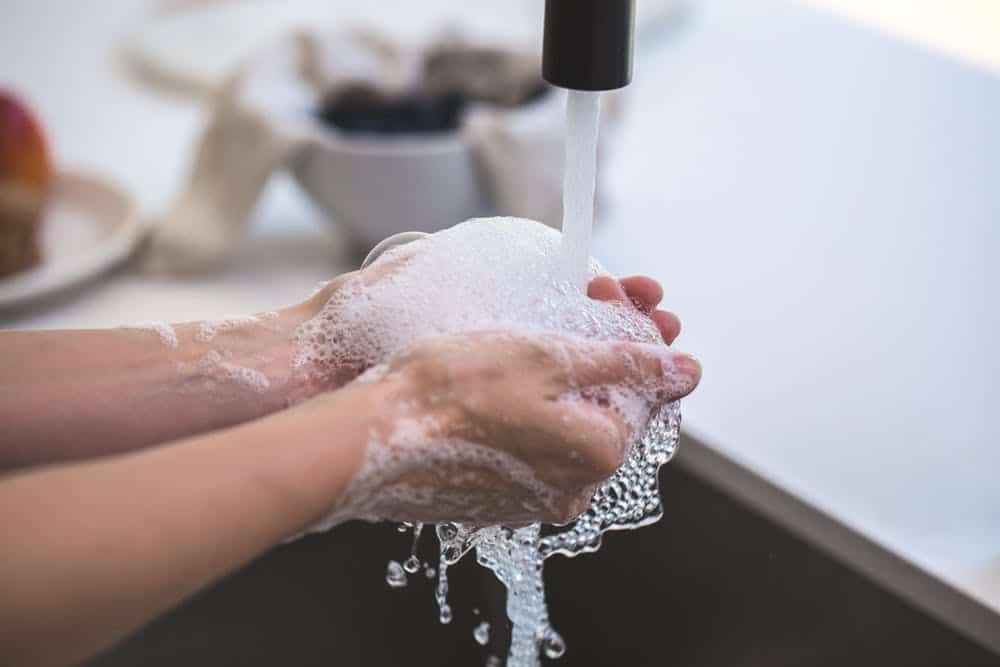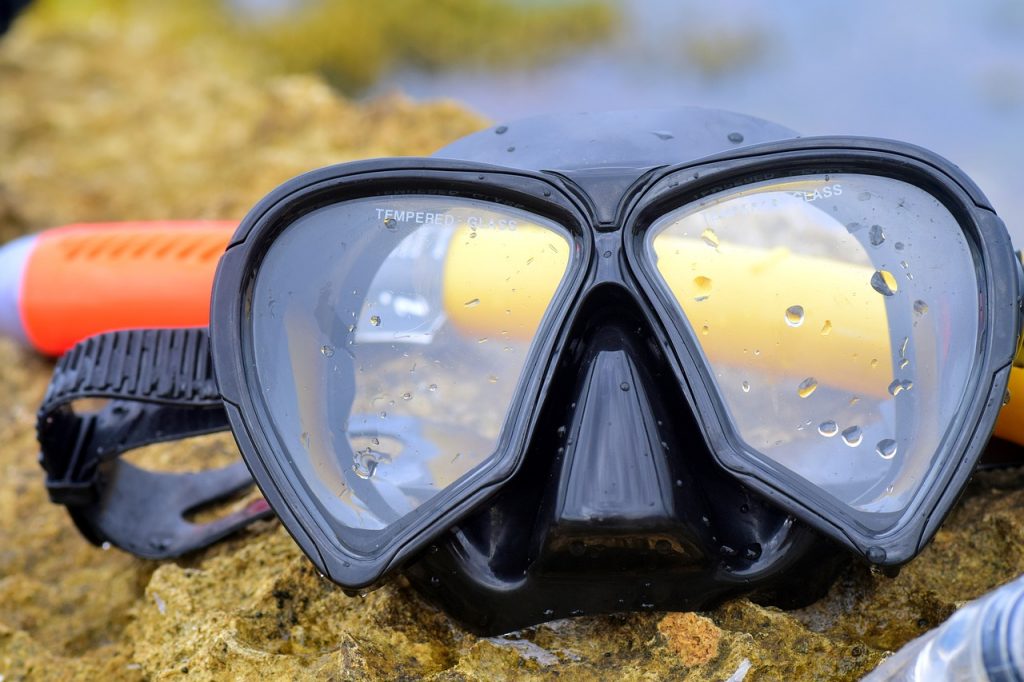The unimagined challenges brought by the COVID-19 Coronavirus have impacted the lives of people from different parts of the world. As of May 24, 2020, the number of confirmed cases across the globe has reached 5,206,614 based on the WHO. The virus has claimed the lives of 337,736 people.
COVID-19 is an infectious disease that is primarily transmitted through respiratory droplets. It is highly contagious and can easily spread when an infected person coughs or sneezes. People suffering from COVID-19 may exhibit symptoms such as fever, cough, and shortness of breath. In severe cases, it can result in breathing difficulties, pneumonia, and even death. Since most of the symptoms are similar to flu and the common cold, an individual needs to be tested to confirm if the person is infected with COVID-19. In this pandemic, testing has become the cornerstone of every country’s COVID-19 response.

Precautionary guidelines
Here are some precautionary measures to help prevent the spread of the virus.
Proper nutrition
Eating a well-balanced diet is an important line of defense in this pandemic. Healthy food will help strengthen your immune system and lower the risk of chronic illnesses and infectious diseases. It is highly recommended to eat a variety of fresh food to get the essential vitamins, minerals, protein, dietary fiber, and antioxidants. Refrain from consuming processed foods and those that are high in sugar, salt, and fat. It is also vital to stay well hydrated by drinking around 8-10 cups of water every day.
Regular exercise
Maintaining a regular exercise routine does not only support your immune system but it also helps boost your mental health. Since a lot of people are staying at home during this pandemic, you can do a variety of home exercises to keep you physically active. By doing so, you can help fight off infection.

Frequent handwashing
Make it a habit to wash your hands frequently with soap and water. If you’re outside and there is no soap and water available, you can use rubbing alcohol or alcohol-based hand sanitizer.
Refrain from touching your eyes, nose, and mouth
With the outbreak of COVID-19 Coronavirus, health care professionals are urging people to avoid touching their eyes, nose, and mouth. The virus can remain on objects and surfaces for a certain period. Touching an object or surface contaminated with the pathogen can transmit the virus to your body.
Clean and disinfect surfaces
According to WHO, Coronaviruses can survive on surfaces from a few hours up to several days depending on different conditions. You can help prevent the spread of the virus by cleaning and disinfecting frequently touched surfaces. Examples of such are phones, doorknobs, doorbells, and switches. Healthcare experts also encourage cleaning grocery items.
Social distancing
It is vital to reduce close contact between people to prevent the spread of the virus. Practice social distancing by maintaining at least one meter (three feet) distance from other people.
Seek medical care
Seek medical attention if you experience symptoms such as fever, cough, and difficulty breathing.
Safety tips for divers
Many countries including the Philippines have implemented lockdown protocols over the coronavirus outbreak. Various sectors including the diving industry have felt the devastating effects of this pandemic. As the impact of this global health nightmare lingers indefinitely, there is rising concern about diver safety. Here are important guidelines to help keep you safe amid the pandemic.

- It is vital to disinfect your personal diving equipment. Divers Alert Network (DAN) recommends using a 10% bleach solution or you may also use other cleaning products according to the directions of the manufacturer. Finish by rinsing your equipment with fresh water.
- Carry a bottle of disinfectant solution with you when you go diving in case you might need it during the trip.
- If you’re planning to use rental equipment and tanks, make sure that they been properly disinfected.
- Use a defogging solution for your mask. Absolutely no spitting on the mask.
- Do not use a communal mask rinse bucket. It is advisable to have containers filled with water that you can use to splash your mask if needed.
- Use separate mouthpieces (no sharing) during buddy checks and air training exercises.
- For your safety, always listen to dive briefings and follow the safety procedures of your dive center.
Health and safety are our top priorities
Discovery Fleet is committed to keeping our customers safe. Stringent health and safety protocols have become the new normal to prevent infection. In line with this, we make sure that our dive equipment is properly disinfected before and after use. We will do everything we can to make your liveaboard Philippines experience fun, safe, and stress-free.
